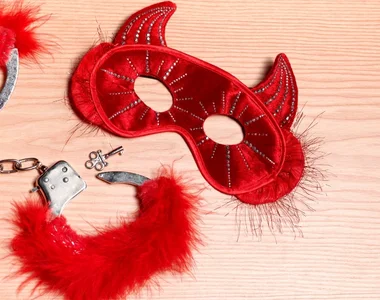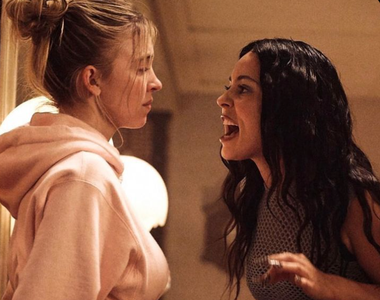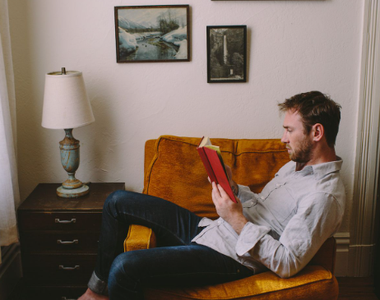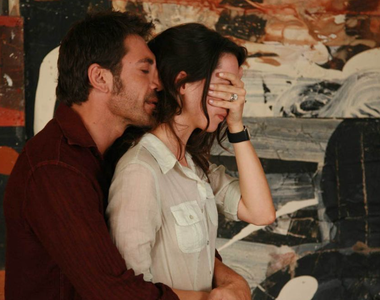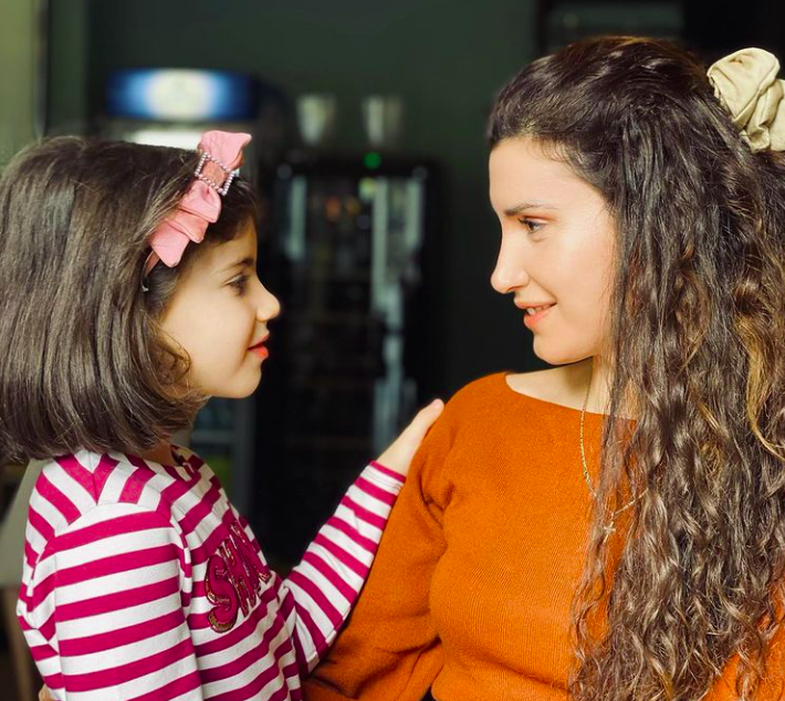
In a video posted by Aulona Musta on her Instagram profile - where her daughter, Amara, 6, criticizes her mother for flowers saying that as part of nature, they should not be cut because it is like killing our people - some people exploded with criticism for the fact that Amara speaks English and not Albanian.
Some call this choice of Aulona for her daughter as "ignorance", while others write that "she should not speak English, because she has forgotten / will forget Albanian". The arguments are unscientific, because the studies, which we have summarized below, not only do not see a foreign language as harmful at a very young age, but rather encourage it.
Studies from Harvard University confirm that creativity, critical thinking skills, and brain flexibility increase significantly if children learn a second language at an early age. The preschool years, especially the first three years of life, are believed to be a vital period in a child's life. This is the time when the foundations are laid for attitudes, thinking and learning, among others. This means that children have a natural ability to learn, which develops during the first 3-4 years of life.
Harvard University emphasizes that it is highly encouraged to learn a second language because it is as easy as learning the first. It may sound like a big burden, but, in fact, it is not. The human brain is extraordinary. From birth, we learn through:
- sight
- taste
- smell
- hearing
- touch
- doing
Research has shown that 50% of our ability to learn develops by the age of 4 and another 30% by the age of 8 years. This is why 3 year olds are encouraged to learn a second language. As incredible as it may sound, learning is really achieved at an early age, even though children do not even realize that they are learning not one, but two, even three foreign languages. This can be achieved through songs, movies, dances in foreign languages, etc.
A është e mundur që gjuha e dytë (e huaj) të zëvendësojë të parën (gjuhën amtare)? Po. Kjo gjë ndodh kur gjuha e parë nuk është zhvilluar mirë dhe fëmija mëson një gjuhë të dytë, ose prindërit i shtyjnë fëmijët të kalojnë më shumë kohë duke mësuar gjuhën e dytë. Megjithatë një fëmijë i cili flet një gjuhë të huaj, pavarësisht se prindi i drejtohet në gjuhën amtare – si rasti i Aulonës me të bijën – nuk do të thotë se fëmija ka harruar gjuhën e parë ose nuk e ka përvetësuar mirë.
Duhet theksuar se fëmijët dygjuhësh (bilingual) kanë preferencat gjuhësore që ndryshojnë në varësi të personit që bisedojnë. Kjo i bën ata të aftë të përdorin një nga gjuhët duke u nisur nga partneri që komunikojnë. Për shembull, vajza e Aulonës mund të flasë anglisht me të ëmën dhe/ose në shkollë dhe shqip me të atin dhe/ose gjyshërit. Pas moshës 4-vjeçare, fëmijët dygjuhësh janë më të vetëdijshëm se cilën gjuhë të përdorin ku.
Studiues të ndryshëm thonë se mosha më e mirë që një fëmijë të mësojë gjuhë të huaj është në fillim të adoleshencës. Disa të tjerë theksojnë moshën 6-7 vjeç. Të tjerë, të cilët janë më të shumtë në numër, bien dakord që hapat e parë për një gjuhë të huaj duhet të nisin para moshës 5 vjeçare. Nuk ka një mendim të gjithëpranuar, por gjuhëtarët pajtohen: sa më shpejt, aq më mirë.
References from: Parent, Brainscape Academy, PandaTree and British Council were used to make the article.
